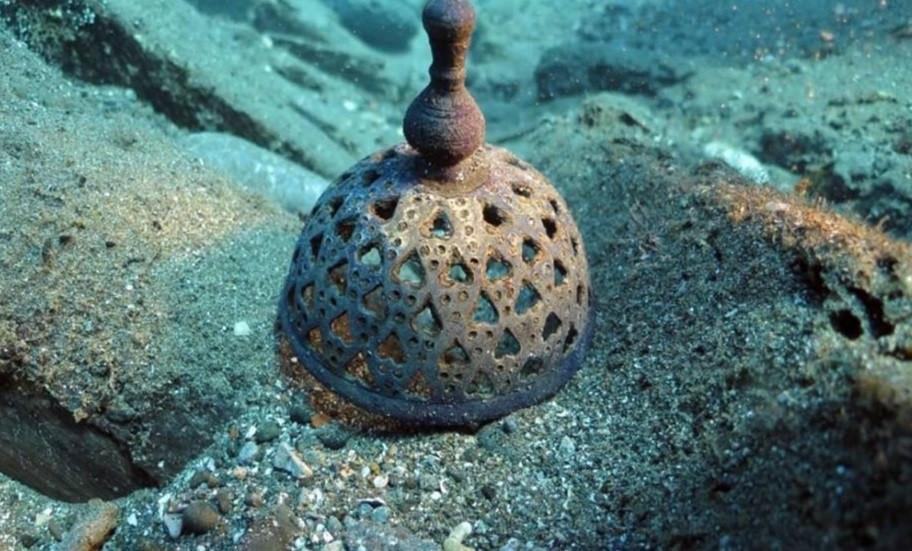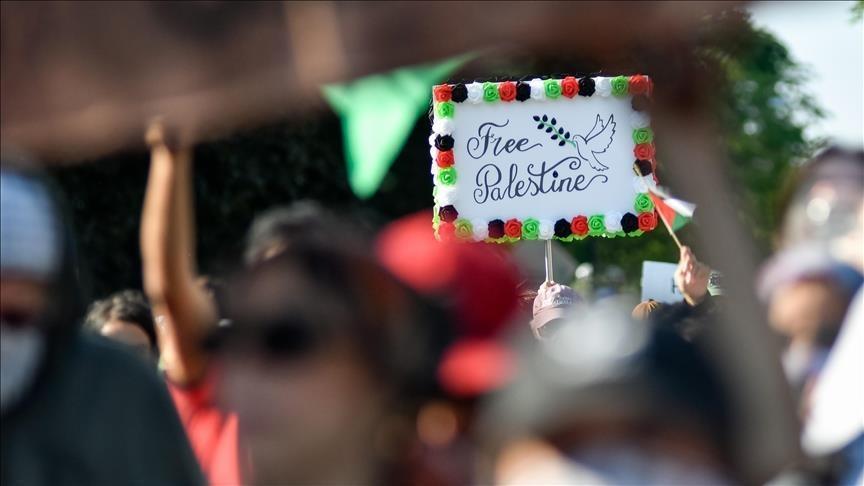Underwater excavations unearth 255 artifacts this year
ANKARA

The ongoing excavations and research works in the seas of Turkey, where the world’s first scientific archeological underwater excavations were carried out, have unearthed 255 artifacts this year alone.
Turkey’s journey of underwater excavation and research started in 1960 with the excavations of foreign teams in the Bronze Age Gelidonya Shipwreck near Antalya’s Finike district on the Mediterranean coast.
Discovered as part of 10 projects, a total of 255 artifacts have been handed over to Turkish museums so far this year.
Harun Özdaş, excavation head of Turkey’s Shipwreck Inventory Project, told Anadolu Agency about his experiences in underwater excavations and research.
Özdaş, who is also an archaeology professor at the Institute of Marine Science and Technology at İzmir Dokuz Eylül University, said that shipwrecks lie at depths varying between 30-60 meters and each meter descended during the dive is a journey to the past.
“When you reach the shipwreck, time seems to freeze,” he said. “All of the shipwrecks are like a time capsule that no living thing has touched. This is a great happiness for me as a person who is engaged in both sea and archeology a profession.”
Özdaş also said he worked on photographing underwater shipwrecks and creating photo mosaics as part of the Shipwreck Inventory Project.
Due to the weather conditions and the shipwrecks’ locations, he said, researchers do not have much time under water most of the time. “Because ships do not sink in places where you can dive very easily. We can perform three dives on each wreck.”
Özdaş also underlined that they identified a large number of ships belonging to the Ottoman era, especially in İzmir as well as central and northern Aegean regions.
Turkish researchers have reached the wrecks at depths of 70-80 meters with remote-controlled camera systems, he added. “They are from the 16th century or later, that is, the Ottoman era. For us, the most important among them is the Koyun Islands Shipwreck.
The professor also said they include students who have received basic diving training in the core team.
“We are investing in a generation in this sense. Students send us their application forms with the references they get from their instructors. So, we can allow them to study at sea.”
Yahya Coşkun, deputy director-general of Turkey’s Cultural Heritage and Museums, said that archaeological underwater excavations and researches continue during all seas.
This year two new sites were added to their operations, including excavations on the shores of Kerpe Bay in the Kocaeli province and in the Altınova district of the Yalova province, both located in northwestern Turkey.
“We carried out 502 studies on land and underwater last year. This year we increased it to 602. The number of our research and archaeological studies continues to increase every year,” Coşkun said.
“This year, we have reached a new peak for ourselves in underwater archeology,” he added. “We aim to go even further next year. A total of 255 artifacts were unearthed during our underwater excavations and researches and sit in our museums.”
Recent works are currently exhibited at the Bodrum Museum of Underwater Archeology. He said that the Turkish Culture and Tourism Ministry plans to open underwater archeology museums on the shores of all the seas of the country.
“As the General Directorate, 86 new friends have become underwater archaeologists with the training we have conducted in the last three years,” he stated. “Each of them completes their training at the first, second and third levels. We train our friends enough to create an underwater archeology museum around all our seas.”
The ministry is trying to establish cultural underwater routes, he said. “When completed, the new cultural underwater routes will offer diving opportunities for tourists.”
















